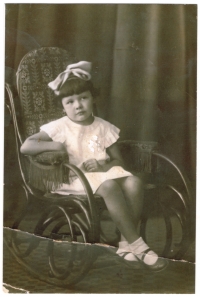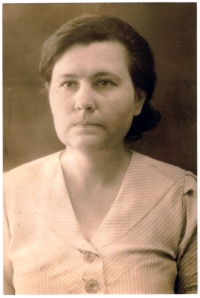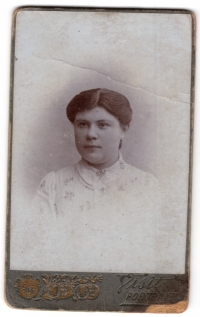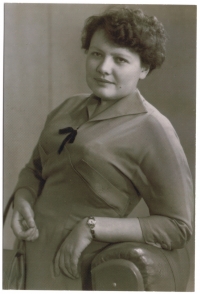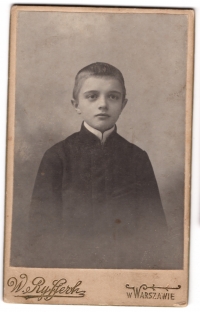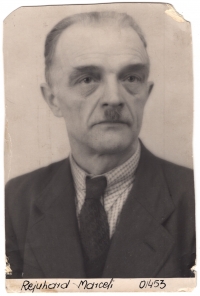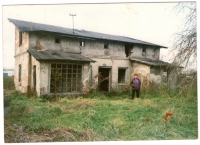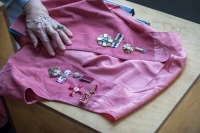"And then I remember a larger echelon came, and they brought Jews from Norway. And all of us were completely taken away, they put us on a train and sent to the place called Puritz. Puritz was a branch Stutthof. Porits is 7 kilometers from Szczecin. But who needed old and sick people there. People were not old, they were about 50 years old, but they were exhausted. They brought us there, and there was no use from us, and later they sent us to Szczecin. And it was already May 1944. We were expelled from that city on September 25, 1943, and we were wandering around until that day. In the work records books, they put the date - end of May. We got into a labor camp. In the work record book it says, camp No. 2. And that city of Shtatin was terribly bombed, it was one of 4 cities that the Americans bombed - Berlin, Shtatin. And there was an announcement "ahtung, ahtung, ikh tede medl, tsvakh tauzen, tukh tsendr (inaudible) flying to Berlin, Shtatin and Brauschwein." Everyone was running away, the whole city was hiding somewhere, and a factory was near the mountain. Near the mountain, there was also a stadium, and behind the stadium, there was a mountain. And near the mountain mountains - there was the factory where we worked, it was a tile factory. And the owner also had his house there, next to the factory. And he had some influence because he bought the mountain. That is, he had the right to take us. And he was a very good man - Walter Kuk, I'm writing about him. I would be happy to find his family, probably his daughter already passed away, she was probably 5 years older than me. Everyone worked there, people worked hard, dug ditches, dug a bunker where the whole city could hide. So there were these Italians - it was something terrible, I saw with my own eyes how they ran around, I saw how they found feces and picked peas from the feces and fought each other over it, I saw it with my own eyes. They fought for those peas. Poor people, they left the frontline, and I still remember in Ukraine how they were leaving, and we asked "where are you going?" and they said "going to our dad, to mom," they left the frontline. It was all interesting, and it's interesting to recall it and bring up those memories in mind. Then, this Walter Kuk, he wanted to help us with food. The situation with food was quite bad, we were given something that was... It was impossible to eat. And he came up with an idea. He fought in that war, he lost one leg, and he brought a woman named Lota there, she was a very bad woman. She didn't admit she was from Russia and she treated us very badly. But he was a very good man. And he engaged us in tidying up and cleaning. Halia and I worked there, this other girl was Halia. And then he let us go to the port, and in the port the Germans they didn't eat tripes, so you could find caviar, etc., everything was sent there. So usually, we filled 2 buckets with all that stuff and brought them to our camp. And it was very good. Everyone was happy."

